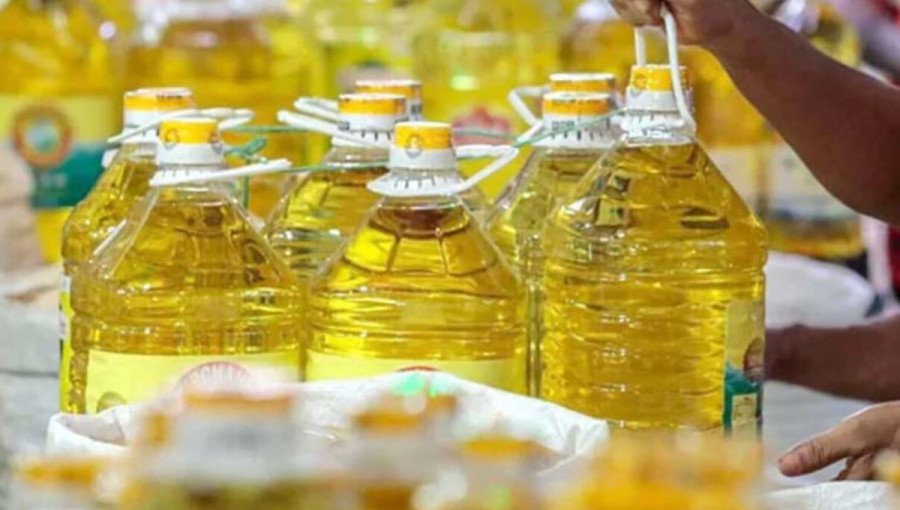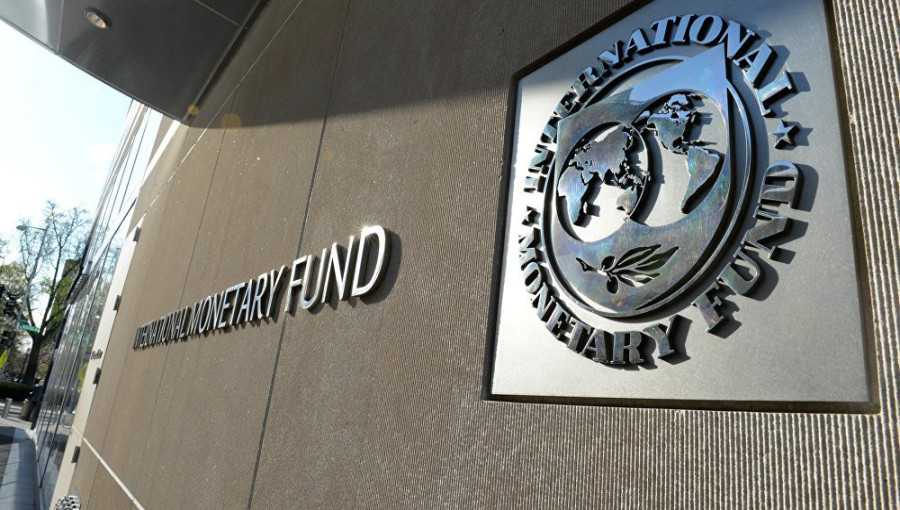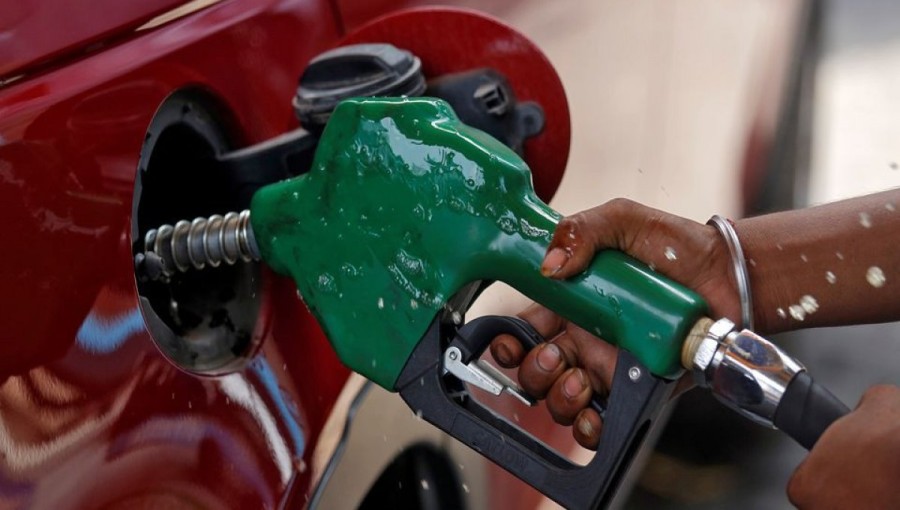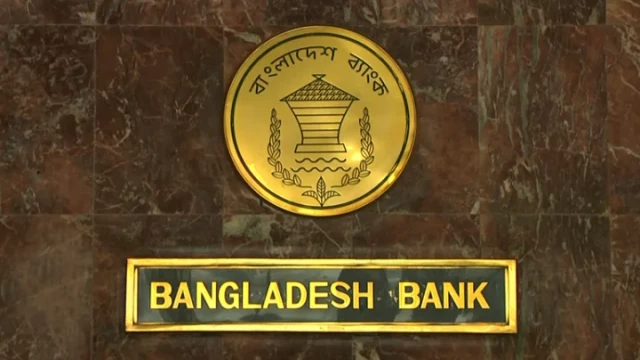DHAKA, April 4, (V7N) – Despite declining prices in the international market, soybean oil prices are set to rise in Bangladesh as millers move to increase prices from April 1, even without a government announcement. This follows the expiration of the government's duty waiver on March 31.
According to industry sources, bottled soybean oil prices have been raised by Tk 18 per liter, and loose oil by Tk 13 per liter. The new rates — Tk 193 for bottled and Tk 170 for loose oil — are expected to take effect after Eid holidays when mills resume operations, sparking fears of renewed volatility in the edible oil market.
On March 27, the last working day before Eid holidays, the Bangladesh Vegetable Oil Refiners and Vanaspati Manufacturers Association submitted a price hike proposal to the chairman of the Bangladesh Trade and Tariff Commission (BTTC). However, the Ministry of Commerce and BTTC could not respond due to the holiday break.
Retailers in Dhaka’s Jinjira kitchen market said companies have not yet collected new purchase orders. But they anticipate that once orders are taken post-holiday, the new higher prices will hit the market by Sunday.
Despite the proposed hikes, market insiders argue there is no real shortage of supply. According to data from Bangladesh Bank, the Office of the Chief Controller of Imports and Exports, the Tariff Commission, and port authorities, over 1 million tons of soybean and palm oil were imported as of January 5 this fiscal year. Of this, 384,080 tons were crude soybean oil and 711,444 tons palm oil. Additionally, 300,000 tons of soybean seeds were imported in January alone — the highest in a year.
Consumer Association of Bangladesh (CAB) Vice President S.M. Nazer Hossain criticized the sudden price hike, saying the oil imported under the duty waiver should not have run out by March 31. He argued that if new imports are taxed at previous rates, it would still take at least 45 days for those shipments to reach the market — meaning any price increase now is artificial and a result of manipulation.
In response, the oil refiners’ association claimed it first applied to raise prices on March 10, and again on March 27 after receiving no response. They said the new price reflects added costs from VAT resumption, which resumes on April 1.
Previously, the edible oil market saw turmoil in November last year, prompting the government to reduce import duties to just 5 percent in two phases. The government later waived all regulatory duties and advance income taxes until March 31, 2025, and reduced VAT from 15 percent to 5 percent.
Amid this, the Tariff Commission has recommended extending the duty waiver until June 30 to ensure market stability ahead of Eid-ul-Azha. A report to this effect was submitted to the National Board of Revenue on March 18 following a request from the refiners’ association.
Despite that, the current unilateral price hikes by the refiners have stirred fresh concern among consumers and market analysts.
END/MSS/RH






























Comment: